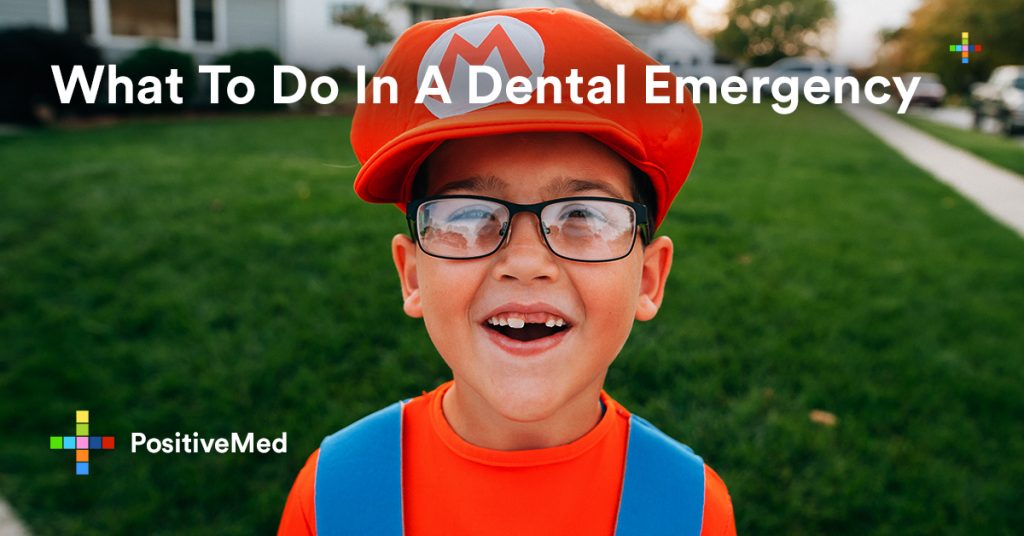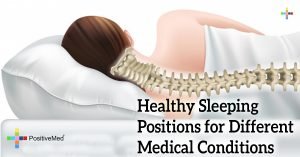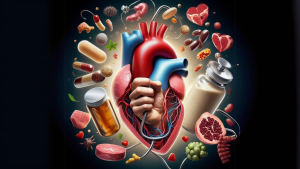A dental emergency is one of the scariest situations you can encounter in oral health. Other issues may occur over time, or while you have the support of a dentist nearby. Dental emergencies are different. These are usually caused by some sort of injury, potentially a traumatic one. If you are dealing with a serious injury that also causes a dental emergency, it may not even be the first thing on your mind and happen while you are out on your own, with your dental health being the last thing on your mind. Consequences not only include immediate pain but potentially also losing your tooth permanently. Here’s a brief guide on how to handle a dental emergency, so you can be prepared.

Types of Dental Injuries
One may think, “there’s only so many ways you can damage a tooth.” Not true. Each different scenario requires a different approach by you to ensure the best chances of preserving your teeth. Here are some examples.
Avulsed(Knocked Out) Teeth:
An avulsed tooth is probably a nightmare scenario for most people. After you discover your tooth is knocked out, be sure to try and put it back in its socket, but handle the root of the tooth as little as possible Some things that can help include biting down on something like moistened gauze. A wet tea bag is another alternative. Failing this, keep the tooth in a container of milk or your saliva on your way to the dentist. Your priority is to keep things from drying out.
Severe Tooth Pain:
Sudden tooth pain may not seem like an emergency at first, whether it is a dull pain or sharp pain. However, there’s a difference between minor pain and prolonged pain. In addition, if you are feeling fine then suddenly have a massive toothache, you may be dealing with a severe problem, a dental emergency, in fact. Severe, sudden tooth pain is a possible symptom of both bacterial infections and dental abscesses. These issues aren’t things you want to wait on. Bacterial infections, in particular, can reach the bloodstream if left untreated.
Cracked/Chipped Teeth:
Whether or not this is a true emergency varies based on the situation. A tiny little chip in your tooth doesn’t need to be instantly taken care of. You can wait a few days, but you need to eat and chew very carefully to avoid making the chip bigger. If it does get bigger or is already a significant crack or chip, you want to see a dentist right away. This can mean damage to both the interior and exterior of your tooth. Start by cleaning out your mouth with warm water, and applying a cold compress if the injury was caused by facial trauma.
Related Link : 5 Surefire Ways to Stronger and Brighter Teeth
Loose Teeth:
Sometimes, an injury doesn’t knock your tooth out but leaves it dislodged or loose. Do whatever you can to keep it in place and try to head to your dentist right away. If it can be treated and supported in time, you may not run the risk of having the tooth removed or having it fall out. However, this area can be ripe for infection if not left alone.
Dental Emergency Symptoms
In some cases, there are dental emergencies and dental symptoms. The difference here is how you should respond. A dental emergency generally requires that you go to your local dentist right away. A dental symptom means you shouldn’t let the situation go untreated, but you can afford to wait a day or so if your dentist doesn’t offer emergency services. Here are a few things to look out for after a dental injury:
1. Oral bleeding
2. Loose teeth
3. Swelling of the mouth and face area
4. A hit in the face or mouth
5. Bulges or knots on your gums
2. Severe pain
All of these are common, but you want to be sure that you have a dentist that you can trust to both diagnose and handle your issue at hand. There are plenty of dentists out there that are good at their jobs but don’t necessarily offer emergency services or something similar to their clients. It falls on you as a consumer and patient to make sure that you are covered for every possible scenario.







